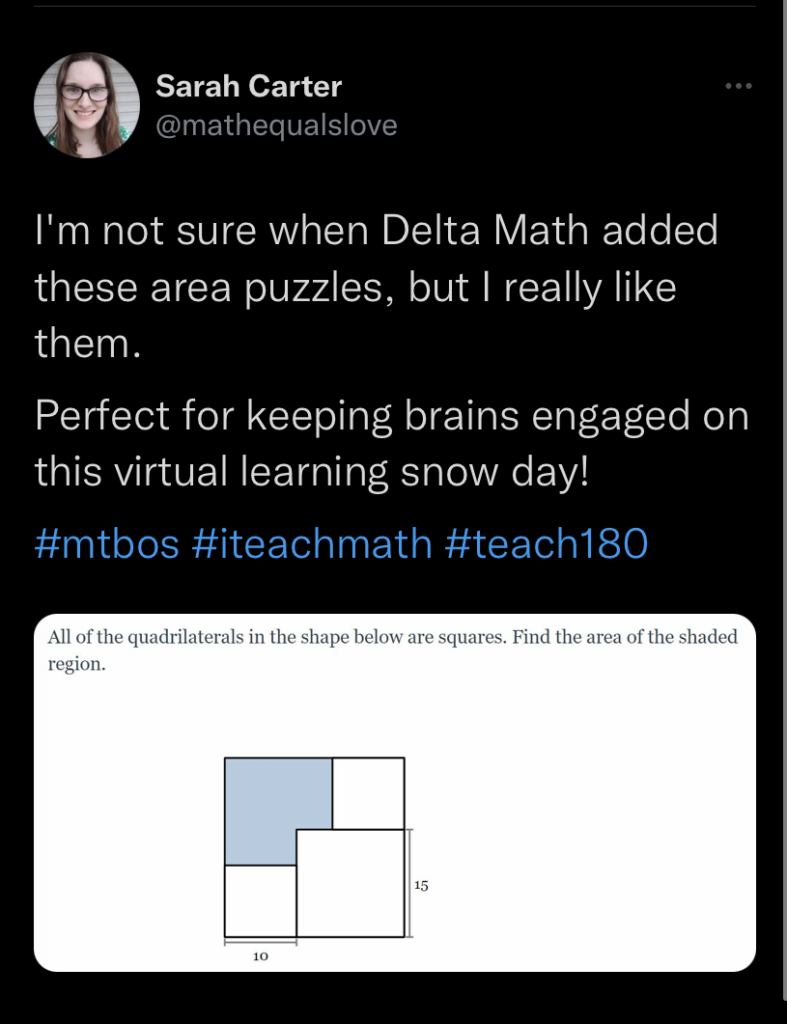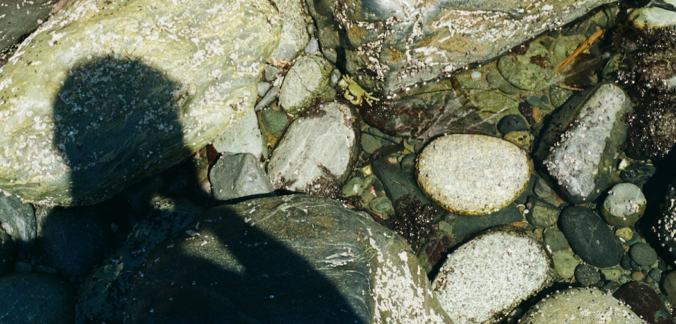Our task this week was to create a green screen video and a slow-motion edit. I tried my best to download the videos first on a university computer and then on my iPhone and use iMovie to create these, to no avail. I produced a simple video in my free inquiry blog post, where I shot and edited video, as well as added photos and a title.
In my attempts to create the videos for the activities I did check out various creative commons websites in search of materials. We explored creative commons websites like Unsplash for freely-usable images in previous classes and I find sites like this useful because it can add to teacher communication and student exhibits of learning. A classmate reminded me that educational commons are useful for teaching/lesson ideas and I agree with them—these types of internet forums are something I see myself frequenting as a teacher.

In attempting to use video creative commons websites, however, I did not see the same immediate value. I found Archives.org to be very distracting. I think video creation could be a valuable tool, absolutely; I loved making my video and students could definitely show their learning that way. That’s they key—with their own media, rather than something found online.
The primary in-class activity this week (Week 4-Q&A with Jesse Miller) was very valuable. Here are some thought on the questions from this week:
Will you change your use of social media after the talk and Q&A with Jesse Miller? Yes. I have never have been one to post debatable content online, so I will change my social media use by trying to connect with others. Linking to another question about what I found googling myself (my long forgotten LinkedIn profile), I intend to use social media for its primary (boring?) purpose. LinkedIn has expanded to become a kind of professional Facebook and I like the update; my friends are sharing stories that I want to interact with and Twitter has already become daily source of teaching inspiration. Math Twitter is definitely a rabbit hole I never thought I would be going down…

How can we help our learners manage their digital footprints? I resonated with what Jesse said about having conversations about kids’ digital day, in addition to their …analog day. Well, that doesn’t really exist anymore, and that’s the point. As adults and models for young students, we have to be realistic about the fact that kids have an online life and be supportive. These interactions can help older students consider their digital presence if they have social media applications, and younger students to build their fund of knowledge about the online world before they begin to use the technology by themselves.
I have to get better about my tendency to divert conversations with kids away from tech. I exhibit a dinosaur mentality when I act like I don’t care. Instead, talking about it provides common ground for students to relate to their teacher. For my loyal readers I have a final question: What’s the piece/aspect of technology that you have the most experience with and how do you envision transitioning this knowledge into the classroom?

Leave a Reply
You must be logged in to post a comment.